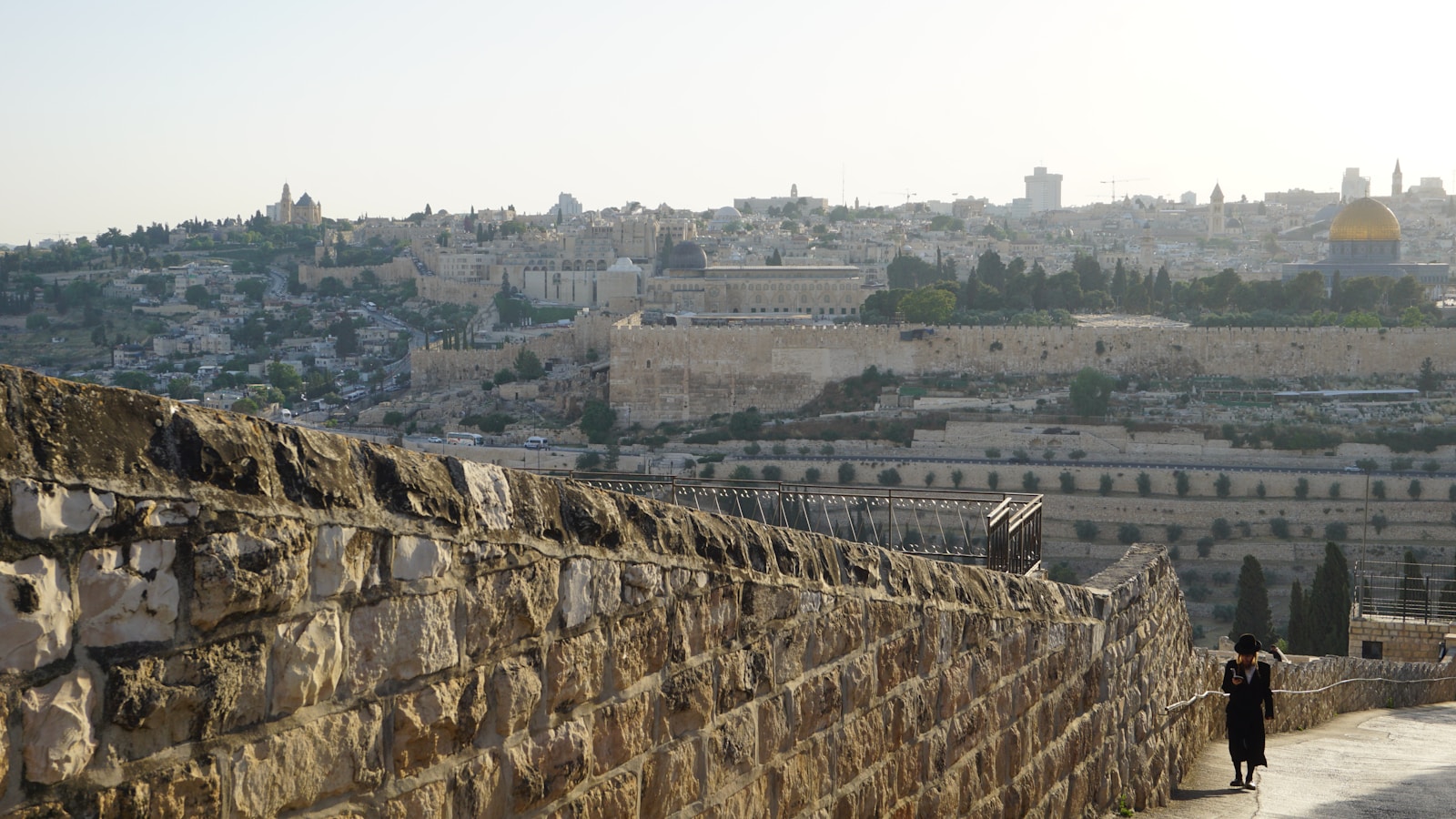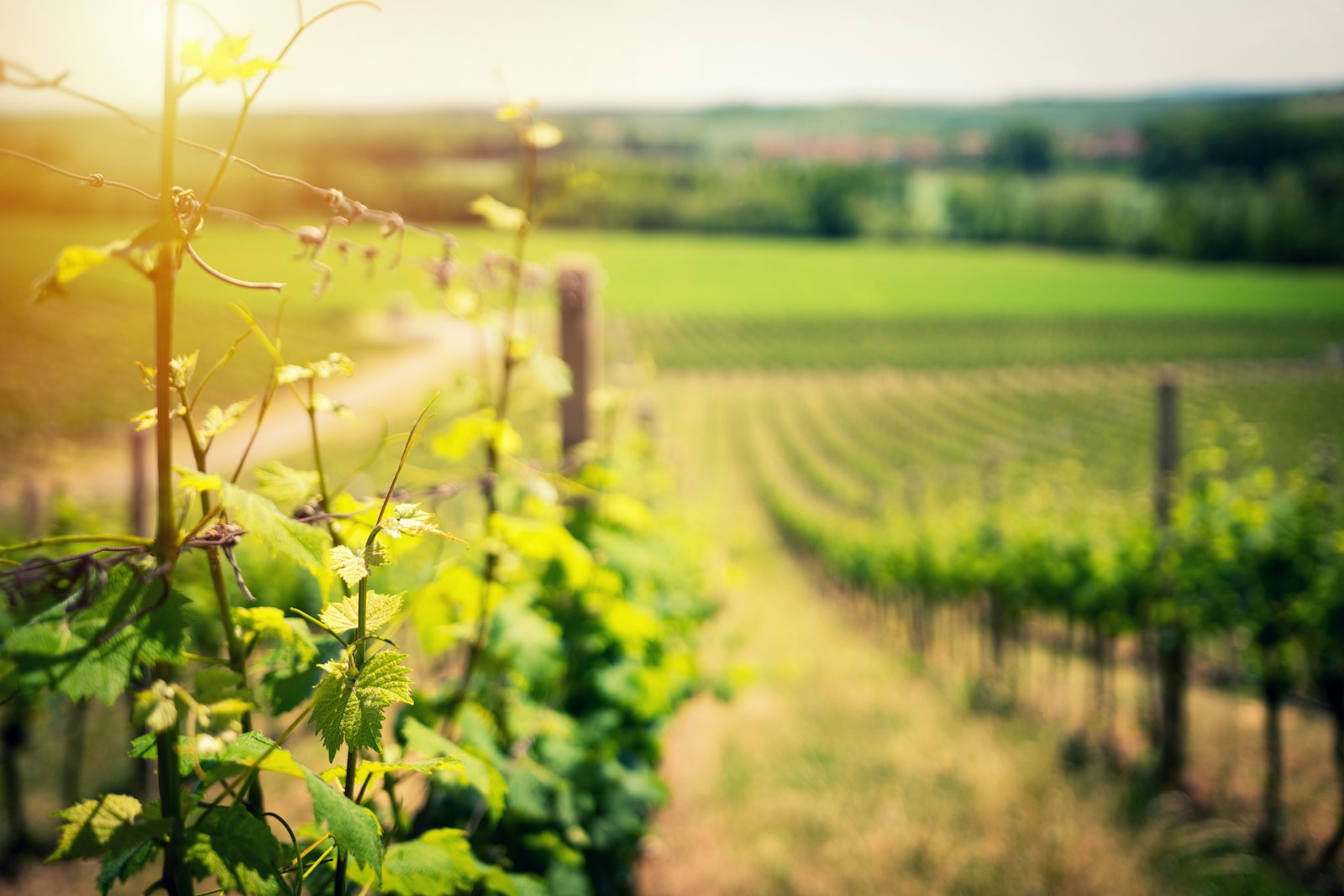The Torah's command to "be fruitful and multiply, fill the earth and conquer it" (Genesis 1:28) has long intrigued scholars, particularly in relation to the Mishna in Yevamot, which explains...
Category: Chumash
In Jewish tradition, one of the first concepts taught to newcomers is that a Jewish day begins at night. This principle shapes countless aspects of Jewish life, from Shabbat observance...
The Torah, in Deuteronomy 29:18-19, presents a striking and perplexing scenario: a person hears the curses that God warns will befall those who stray from His covenant, yet instead of...
As a rabbi and father, I've been reflecting a lot on how to engage my 6-year-old son in Torah learning in a way that not only educates but also excites...
At the end of the long list of curses in Deuteronomy 28, the text takes a striking turn. It refers to these admonitions as part of a "covenant" and promises...
At the end of Sefer Devarim, we encounter one of the most dramatic moments in the Torah. As the Jewish people prepare to enter the Land of Israel, Moshe commands...
In the Torah, both Mount Ebal and Jerusalem play pivotal roles in shaping Israel's identity. While these places may seem unrelated at first, they share deep spiritual connections that unify...
In many biblical passages, the term "kol" (voice) is used to convey a deeper, more profound form of communication. The Torah often emphasizes listening to the voice of a person—whether...
In the Torah, two triplets frequently appear together: grain, oil, and wine—the core agricultural products of ancient Israel—and the stranger (ger), orphan (yatom), and widow (almanah)—the most vulnerable members of...
The Torah’s weekly readings are more than just a division of the text—they carry deep spiritual and agricultural significance. According to Talmudic tradition, Ezra arranged the Torah readings to ensure...









